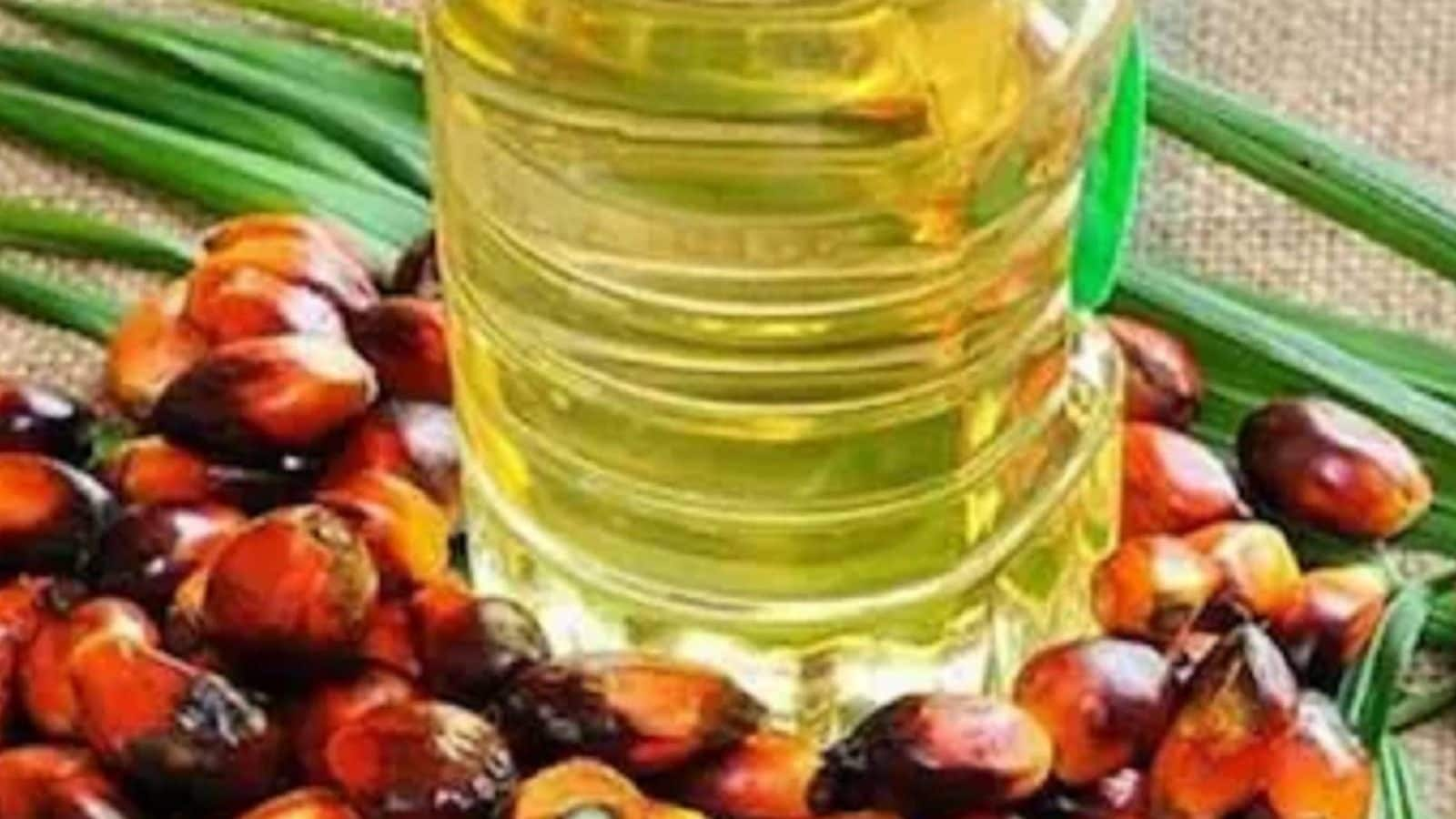Vegetable Oil Imports Decline 13% YoY To 9.12 Lakh Tonnes in April; Know In Detail
Imports of vegetable oils, comprising edible and non-edible oils, in April this year declined 13 per cent year-on-year to nearly 9.12 lakh tonnes, compared with 10.53 lakh tonnes in April 2021, according to the Solvent Extractors’ Association of India (SEA).
The import of edible oils fell to 9,00,085 tonnes from 10,29,912 tonnes, while that of non-edible oils declined to 11,761 tonnes from 23,435 tonnes. The oil marketing year runs from November to October.
During the first six months of the current oil marketing year (November 2021-April 2022), imports of vegetable oils increased four per cent to 67,07,574 tonnes. “Indonesia has banned export of palm oil with effect from April 28, 2022 which has queered the pitch and make life difficult for hapless consumer across the world,” SEA said in a statement.
Indonesia is the world’s largest producer of palm oil. Last month, it imposed a ban on palm oil exports. The export ban is applicable on refined, bleached, deodorised (RBD) palm olein.
India is the world’s largest importer of palm oil and is dependent on Indonesia and Malaysia for its demand. India imports over 13.5 million tonnes of edible oil every year, of which, 8-8.5 million tonnes (around 63 per cent) is palm oil. Now, nearly 45 per cent comes from Indonesia and the remaining from neighbouring Malaysia. India imports roughly four million tonnes of palm oil from Indonesia each year.
India Ratings and Research has said the ban is likely to affect both supply and prices of edible oils globally.
In its statement on Friday, the SEA said, “It is expected Indonesia may lift the ban before the end of May. However, situation will turn ugly if Indonesia continues to ban the export of palm oil products as enough supply from other origins is not available.”
Palm oil and its derivatives are used in detergents, food products, biofuels and cosmetics. These are used in the manufacturing of several daily consumption goods such as shampoos, margarine, soaps, chocolates, biscuits and noodles. So, any rise in palm oil prices will push up the input costs across these industries. The ban by Indonesia on palm oil is affecting the prices of various products here.
“The current ban is a short-term measure to bring immediate relief from the high prices and supply issues in Indonesia, and a complete ban on the export of palm oil could be difficult to sustain as the country’s domestic consumption is around 17 mnt, less than 40 per cent of its annual production of close to 45 mnt,” India Ratings has said.
Recently, vegetable oils are among a number of staple food items that have reached all-time high prices in recent weeks following Russia’s invasion of agricultural powerhouse Ukraine, according to the United Nations Food and Agriculture Organization. Soybean oil, the second most used vegetable oil, rose 4.5 per cent to a record high of 83.21 cents per pound on the Chicago Board of Trade.
Read all the Latest News , Breaking News and IPL 2022 Live Updates here.
For all the latest business News Click Here

